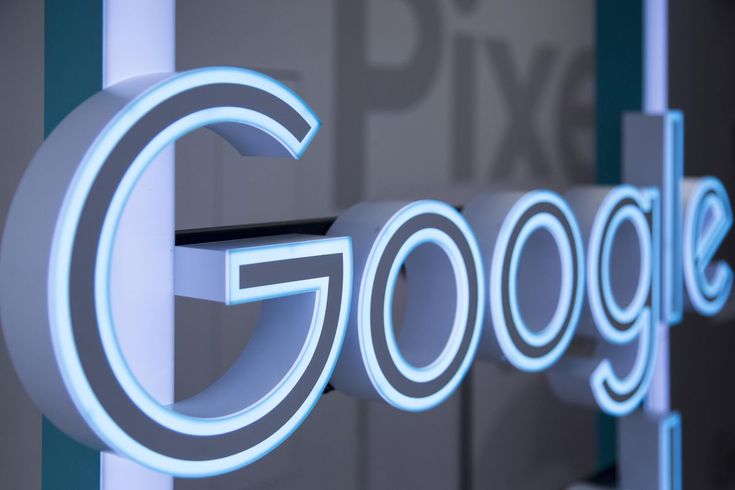Despite the rise of AI competitors like ChatGPT and Perplexity, it seems that Google’s hold over the search engine market is not loosening as drastically as some may think.
Recently, a part of Apple’s testimony in the ongoing Google antitrust case hinted a drop in searches conducted through Safari, but the picture is far more complicated than that.
During the antitrust trial, Apple’s services chief, Eddy Cue, revealed that web searches via Safari dropped for the first time last month.
Since Google pays Apple an estimated $20 billion per year to be Safari’s default search engine, fewer searches could mean less revenue for both companies.
Cue blamed the dip on users turning to AI chatbots like OpenAI’s ChatGPT and Perplexity for answers instead of traditional search. Apple even hinted it might integrate these AI tools into Safari in the future. While the decline in Safari searches sounds alarming, Google insists its overall search traffic including on Apple devices is still growing.
Analysts suggest users might just be shifting from Safari to Google’s own app, where AI-powered features like Gemini and AI Overviews are gaining traction.
Morgan Stanley’s Brian Nowak noted that Google’s app usage on iPhones is rising, meaning the challenge isn’t necessarily Google losing users, but rather a broader move away from browsers.
Since ChatGPT’s explosive debut in 2022, Google has raced to keep up. It launched its own AI chatbot (first Bard, now Gemini), which rolled out AI-generated answers in search results and is testing out a new “AI Mode” to go head-to-head with the chatbot-style search engines.
However, Early stumbles like AI Overviews suggesting people eat rocks or put glue on pizza made headlines after being widely mocked on social media, but Google claims over 1.5 billion users now engage with its AI features monthly in a statement as part of Alphabet’s Q1 2025 earnings.
The U.S. Justice Department wants to break up parts of Google’s search empire, including its lucrative deal with Apple.
By highlighting a decline in Safari searches, Apple may be signaling that competition, not regulators, is already chipping away at Google’s dominance.
But if Google’s search traffic is still growing overall, the real battle may not be about decline but where and how people search in the age of AI.






